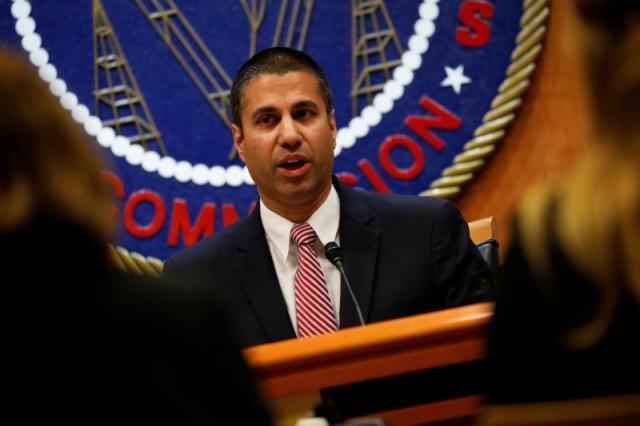Space X, Telesat Canada, Kepler Communications and LeoSat MA received approval from the Federal Communications Commission (FCC) to roll out new satellite-based broadband services in US.
 FCC voted unanimously to grant market access requests to Telesat, Kepler Communications and LeoSat MA to offer high-speed internet service and connectivity for sensors and other intelligence devices, Reuters reported.
FCC voted unanimously to grant market access requests to Telesat, Kepler Communications and LeoSat MA to offer high-speed internet service and connectivity for sensors and other intelligence devices, Reuters reported.
The FCC, which had approved SpaceX’s initial plans in March, approved the company’s request on Thursday for access to additional frequencies and to operate an additional 7,500 satellites at very low-Earth altitudes.
Tesla chief executive officer Elon Musk’s SpaceX previously won approval to deploy 4,425 satellites, but won approval Thursday to operate some of those at lower altitudes.
The FCC said, in the order approving the Tesla application, the revisions would provide SpaceX with additional flexibility to provide both diverse geographic coverage and the capacity to support a range of proposed broadband and communications services in the United States and globally.
Satellite technology can provide high-speed internet for Americans who live in rural or hard-to-serve places where fiber optic cables and cell towers do not reach, FCC Chairman Ajit Pai said.
Elon Musk said in a 2015 speech that SpaceX planned to launch a satellite-internet business that would help fund a future city on Mars. SpaceX wanted to create a communications system that Musk compared to rebuilding the internet in space. It would be faster than traditional internet connections, Musk said in the 2015 speech.
Telesat Canada plans to use a network of 117 satellites to offer communication services in the US.
FCC Commissioner Brendan Carr said at the meeting that the new satellites are “smaller and less expensive to launch than the traditional geostationary satellites that have been going up since the 1960s.”





